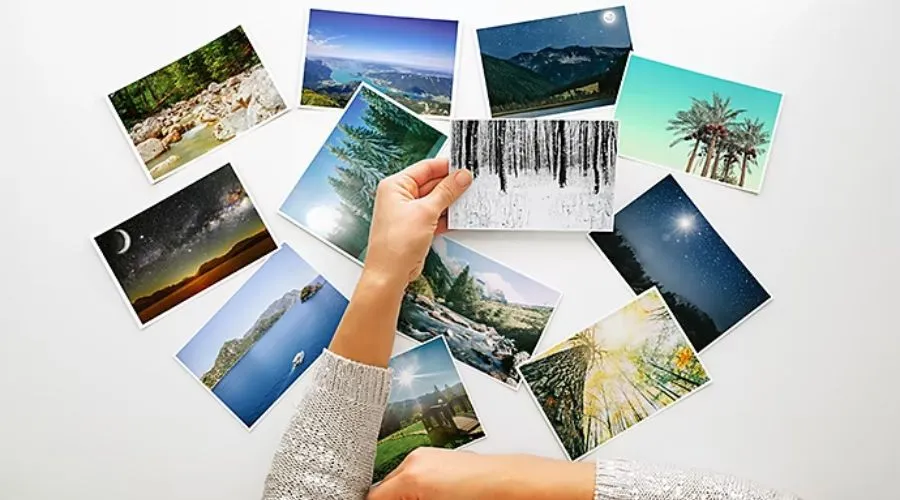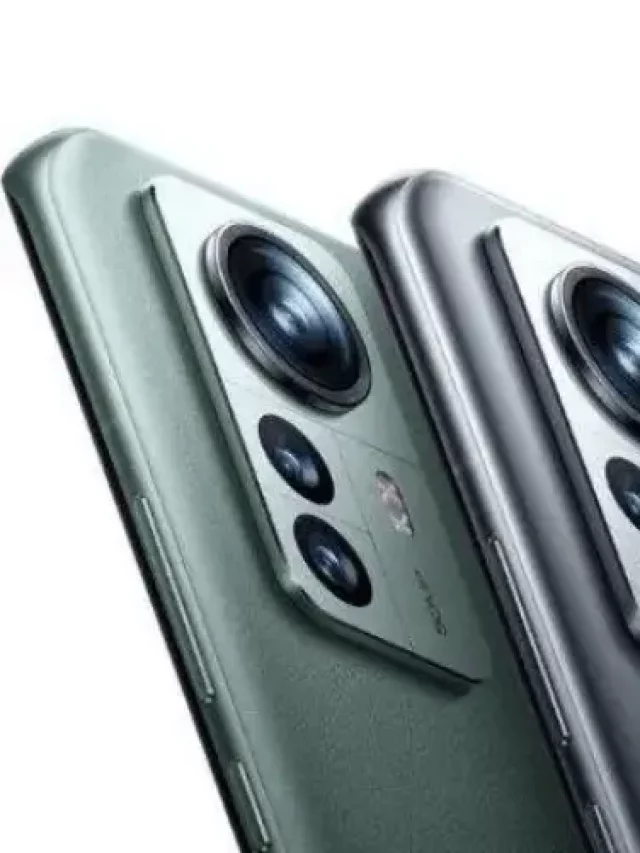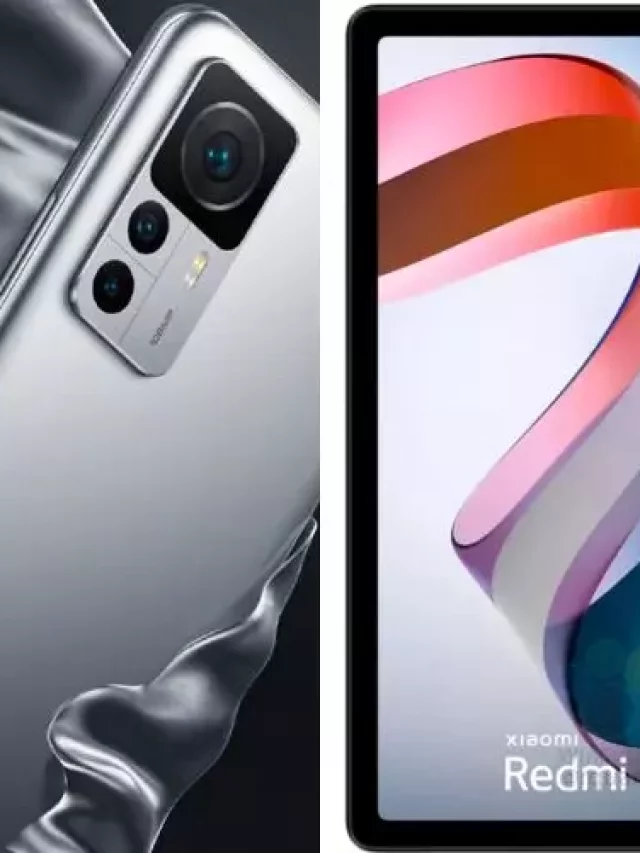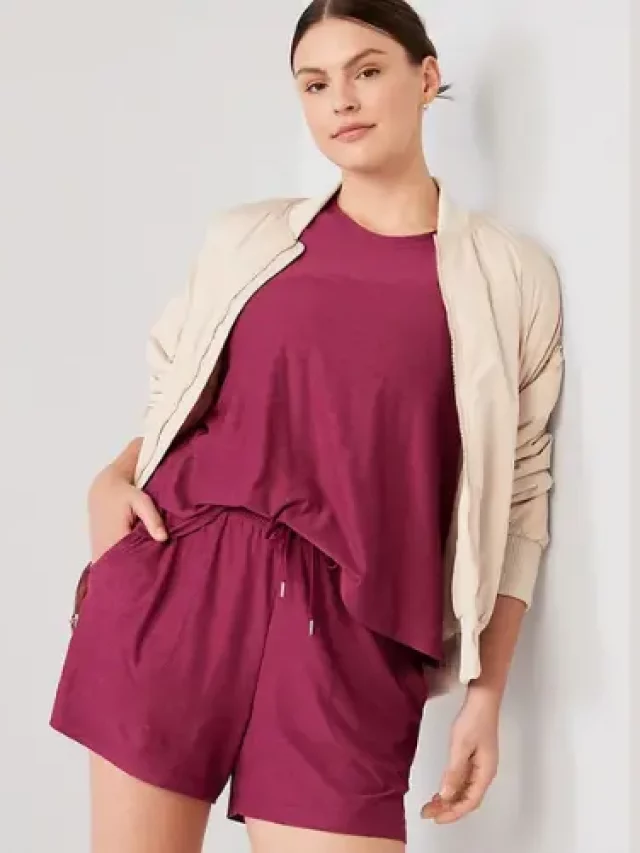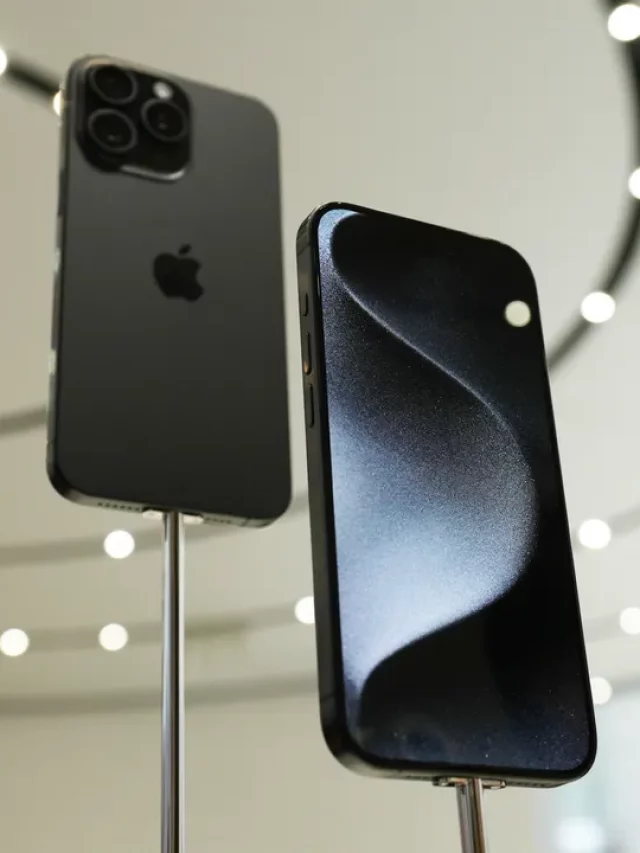Ever tried printing a favorite picture, but got upset because it was cropped wrong or blurry? Don’t worry, photo fans! This guide will help you understand regular photo print sizes to display your snapshots at their best.
We’ll talk about why the size of the picture is important, list common photo print sizes for various needs, explain what aspect ratio is, and give some handy hints on how to resize images for better prints. So pick your top pictures and learn the steps to ace photo printing!
Why Image Size Matters: From Photos to Websites
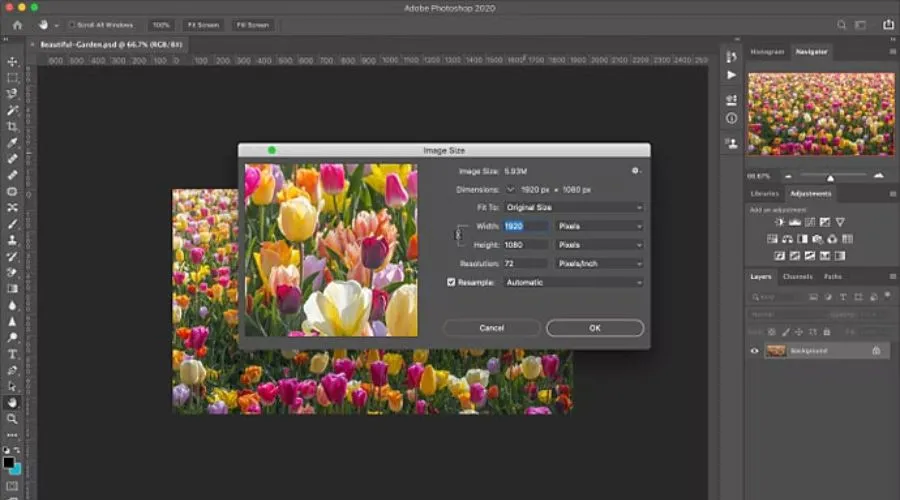
Ever ponder why expert photographers appear to have a perfect understanding of the image size to capture? It’s not just about appearances either; optimal outcomes depend heavily on image size.
-
Ideal Composition
You can arrange your photo to best suit the standard photo print sizes by selecting the appropriate size up front. This helps to ensure that your subject is expertly framed by reducing the necessity for cropping.
-
Harmony of Aspect Ratio
Selecting a size that enhances the content of your image is made easier when you are aware of aspect ratio, or the relationship between width and height. A square print might work well for a portrait, whereas a rectangular shape might work best for a landscape photo.
-
Quick Loading
Your website may load much more slowly when it contains large graphics. Your browser doesn’t have to load the full-size version of an image when you shrink it to suit its allocated space, which leads to quicker page loads and a more satisfying user experience.
Essentially, choosing the right standard photo print sizes guarantees that your website loads quickly and that your photos look their best. This benefits both web designers and photographers. So, visit Adobe today and get going.
Demystifying Aspect Ratio: The Shape of Your Image
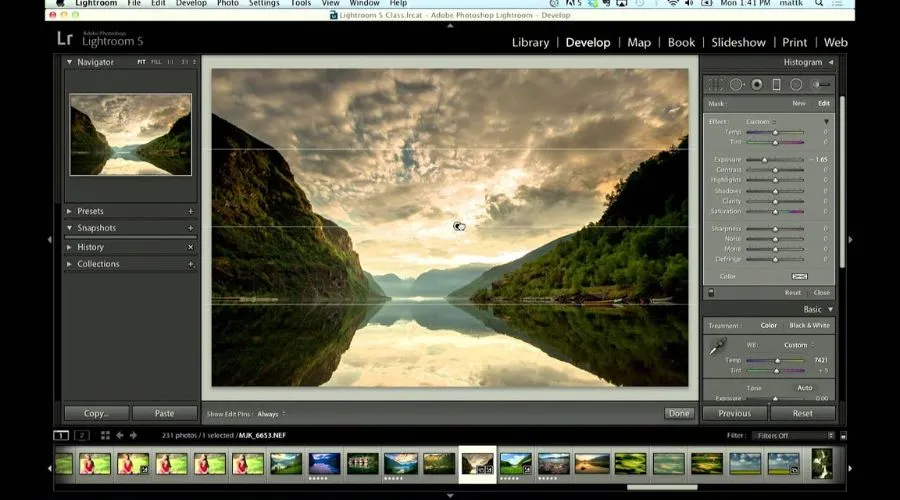
Ever wondered why some photos appear wide and rectangular, while others are perfectly square? The answer lies in a concept called aspect ratio. It’s essentially the proportional relationship between an image’s width and height, dictating its overall shape. Think of it like a recipe:
-
1:1 Ratio
Equal parts in width and height, creating a perfect square – ideal for social media profile pictures.
-
3:2 Ratio
A bit more width than height, resulting in a classic rectangular format – commonly used in film photography and great for portraits.
-
4:3 Ratio
Often found in computer monitors and TVs, this ratio offers a slightly wider rectangle than 3:2 – perfect for photos intended for screen display.
-
16:9 Ratio
This wider rectangle is the standard for most modern widescreen TVs – ideal for capturing landscapes or panoramic shots.
Understanding aspect ratio helps you not only compose your photos for specific purposes but also choose the right standard photo print sizes. And, with Adobe you can easily do so.
Perfect Prints Every Time: A Guide to Standard Photo Print Sizes
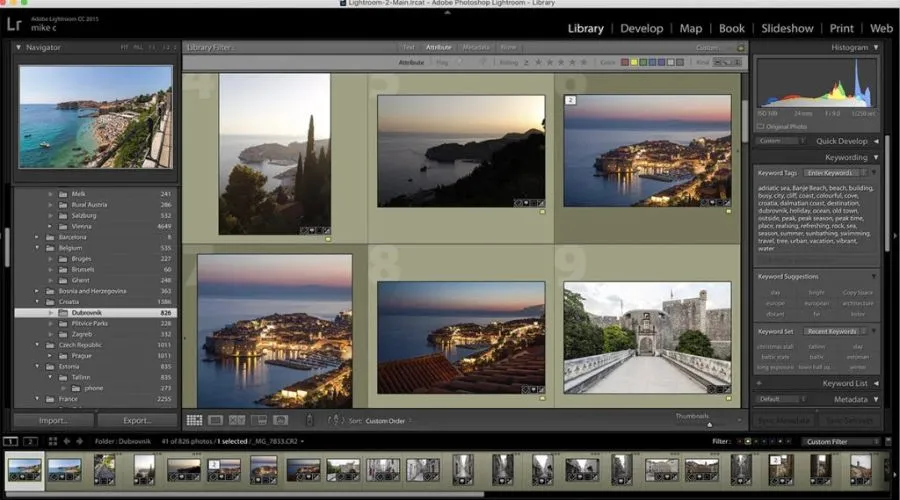
Bid farewell to pixelated, fuzzy prints! Making the correct image size selection when printing guarantees that your priceless memories are best displayed. The most standard photo print sizes and their recommended applications are broken down here:
-
4 x 6 inches
The winner right now! This versatile size suits a 3:2 aspect ratio and is suitable for postcards, greeting cards, and framed photos. To ensure sharp quality, aim for an image resolution of 1200 × 1800 pixels.
-
5×7 Inches
This 5×7-inch size is very popular for framed images and greeting cards; it is somewhat larger than 4×6. Here, an aspect ratio of 3.5:2.5 works nicely. It is best to use an image with 1500 x 2100 pixels, as little trimming will be required.
-
8×10 inches
Desiring a display with greater impact? This website is effective! Use a camera with a 5:4 aspect ratio for best results. For optimal printing quality, make sure your image is adjusted to 2400 by 3000 pixels and be ready to clip the longer side somewhat.
-
8.5×11 Inches
Perfect for larger prints or posters, this size often utilises a 4:3 aspect ratio. Resize your image to 3400 x 4400 pixels for a flawless final product.
-
12×18 Inches & Up
As print sizes increase, so do the required image resolutions. For prints like 12×18 (3:2 aspect ratio) and 18×24 (3:4 aspect ratio), aim for a minimum of 3600 x 5400 pixels and 5400 x 7200 pixels respectively. A larger digital image ensures exceptional quality in your larger-than-life prints.
Web-Worthy Images: A Guide to Standard Sizes
-
HD Hero (1280 x 720 Pixels)
Ideal for photography and film, these visuals look razor-sharp on HD screens. It’s based on a 16:9 aspect ratio, just like the classic widescreen movies we love.
-
4K Brilliance (3840 x 2160 Pixels)
Take your display game up a notch with 4K. This ramped up resolution has four times the details of the previously standard 1080p, making it ideal for those using high-resolution screens.
-
8K Majesty (7680 x 4320 Pixels)
Want to step further? Get behind 8K! Its detail is just so intense, it’s perfect for finely detailed photos or jaw-dropping scenic views.
With Adobe, you can easily use these standard photo print sizes to make your pictures come out as you like.
Social Media Image Size Cheat Sheet: Get It Right Every Time!
Posting on social media? Don’t get tripped up by image sizes! Adobe is here to help. Here’s a quick guide to ensure your photos look their best across different platforms:
Instagram:
- Posts: The best is Square! For crisp photos, use 1080 x 1080 pixels.
- Stories: Use a 9:16 aspect ratio and 1080 x 1920 pixels to go vertical.
Facebook:
- Posts: Standard feed posts need 1200 x 630 pixels.
- Stories: Same as Instagram stories (1080 x 1920 pixels, 9:16 aspect ratio).
- Cover Photo: This long banner needs 820 x 312 pixels. Avoid placing anything important on the left side where your profile picture goes.
Twitter:
- Posts (Single Image): Use 1200 x 675 pixels for a single image.
- Posts (Multiple Images): If tweeting two images, each should be 700 x 800 pixels.
- Cover Photo: Showcase your profile with a 500 x 1500 pixel horizontal image.
Pinterest:
- Pins: No strict size, but 1000 x 1500 pixels (2:3 aspect ratio) is recommended.
LinkedIn:
- Posts: Maintain a professional look with 1200 x 627 pixels.
- Background Image: This long banner at the top of your profile needs 1584 x 396 pixels.
Conclusion
Never wrestle with blurry photo prints again! This guide unveiled the most standard photo print sizes, ensuring your memories look amazing. Remember, for crisp quality, choose a size that complements your image and use the recommended pixel dimensions. With these tips and Adobe’s image editing tools, you’re all set to transform your photos into beautiful lasting keepsakes. For more information, visit Findwyse.

